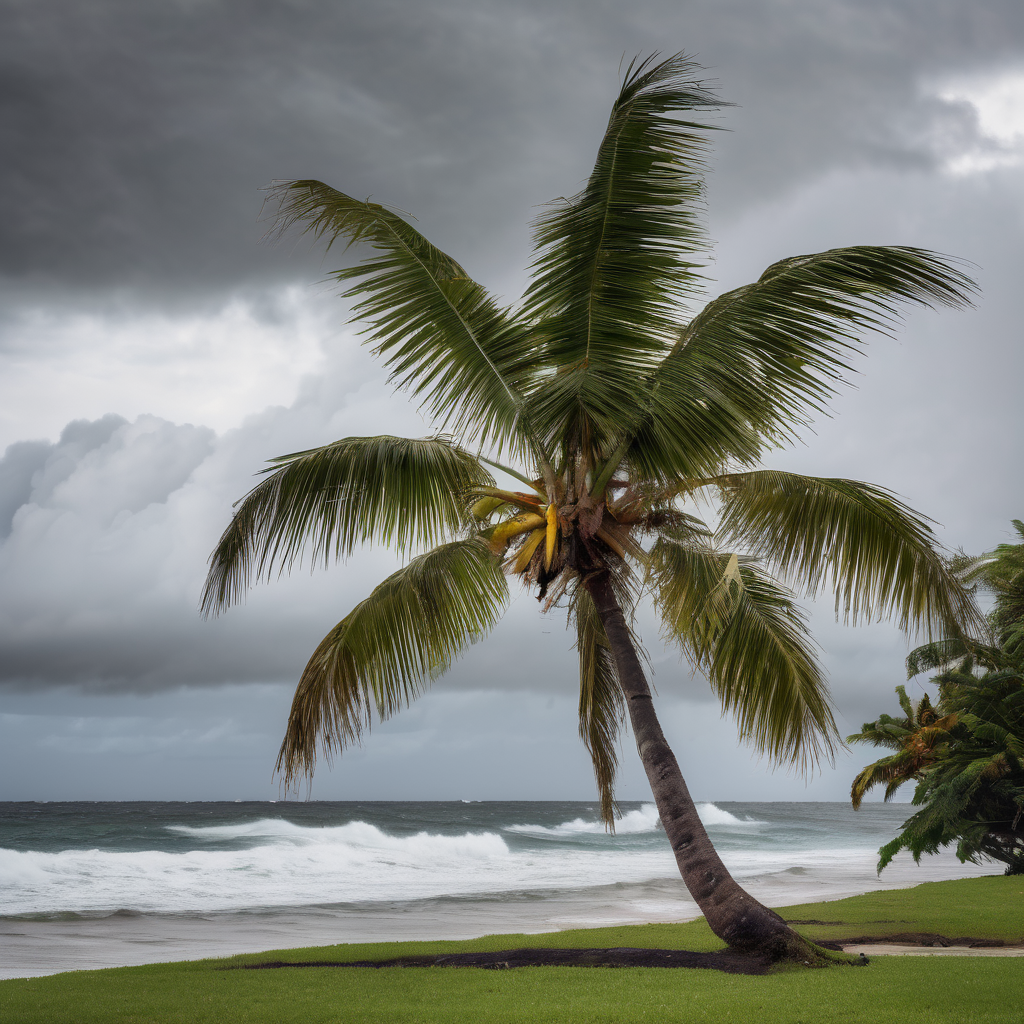In the mid-1980s, Fiji was a nation grappling with the aftermath of natural calamities while also undergoing nuanced political shifts. Within the villages and parish halls, stories of faith, culture, and resilience began to surface. Columban priest Father Frank Hoare, who lived between Indo-Fijian and Fijian communities, faced challenges not only from the physical destruction caused by storms but also from the sensitive task of maintaining trust and dignity within these communities.
Recent reflections take us back to 1984 and 1985, a period marked by the devastation of hurricanes, spiritual struggles, and the unwavering loyalty of individuals navigating adversity. In 1954, a pivotal moment occurred when Kashi Ram, then a student at Xavier College in Ba, was deeply moved by the Sermon on the Mount shared by Columban priests. This experience would eventually lead to his conversion to Catholicism, adopting the name Francis. As the years passed, Francis became instrumental in leading baptism preparation for non-Christians, illustrating the depth of his faith and resilience.
In January 1985, Hurricanes Eric and Nigel hit Fiji in quick succession, taking lives and demolishing homes. In Saweni, Fr. Hoare encountered the difficulties faced by three Hindu brothers and their families. Among their stories, Kannan’s daring act to save his family during the storm stood out as a testament to the human spirit’s courage in the face of catastrophe.
Following these disasters, Fr. Hoare faced ethical questions regarding the distribution of aid. Although wary of creating dependency, he chose to assist his Hindu friends, a decision met with appreciation and collaboration, which fuelled efforts towards rebuilding and inspired hope within the community.
Beyond these natural disasters, personal challenges also unfolded. Miriam, despite confronting domestic difficulties, remained devoted to her husband, Raju, even after his passing, emphasizing themes of faithfulness and devotion.
These narratives from 1984-1985 underscore the delicate balance of human fragility and resilience. Father Hoare’s insights reveal how faith is tested not only by immense storms but also through the quiet struggles of personal trials. His experiences showcase a profound truth: genuine ministry is found in the small, meaningful connections formed through mutual adversity and daily life experiences.
Throughout his time in Fiji, Father Hoare wove himself into the rich tapestry of the resilient Indo-Fijian and Fijian communities. His mission transcended spiritual growth, aiming to build bridges of understanding in a culturally diverse land. Despite the challenges, these stories provide a hopeful reminder of the vast strength that can be drawn from compassion and unity.
